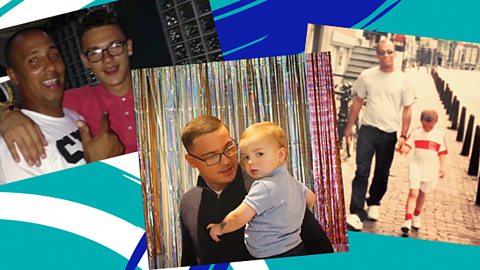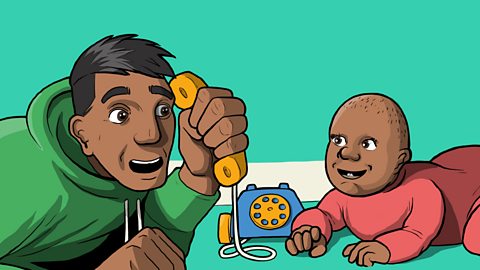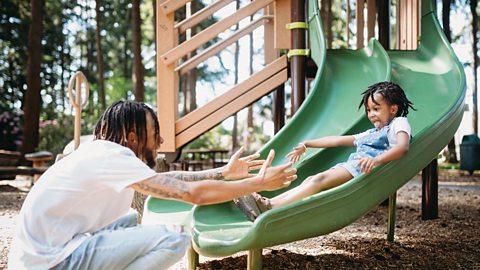Alister, 25, has a two-year-old son, Neil. He talks about changing his parenting attitude from a stricter approach to one based on empathy.
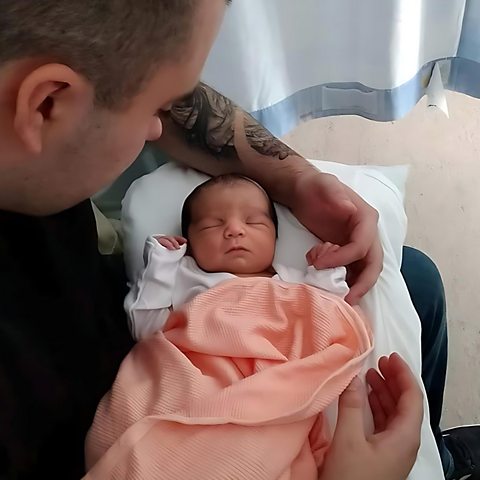
Preparing for fatherhood
I was thrilled when I found out that I was going to be a dad. Having a son who I could share my interests with ÔÇô such as playing guitar ÔÇô was something that excited me a lot. At the same time, the thought that someone was going to start looking up to me as a role model was terrifying.
Growing up, I wasnÔÇÖt the best behaved. And as an adult, I havenÔÇÖt always made the right choices. I convinced myself that the only way to stop my son from making the same mistakes as me was to be tough on him from a young age.
Laying down the law
I expected Neil to follow all my rules without questioning them, and I didnÔÇÖt let him take part in any decision-making, such as planning days out.
I developed unrealistic expectations for Neil, like trying to get him to dress himself when he turned two. I also yelled a lot if he made mistakes or challenged me in any way.
My approach to parenting was well-intentioned, but Neil soon reacted to my harsh methods in a way that I never imagined.

Turning point
NeilÔÇÖs mum was dropping him off one day when he said to both of us that he didnÔÇÖt want to stay with me. His words killed me inside.
I was so angry with myself that my two-year-old son could have those sorts of feelings toward me ÔÇô his dad. At that moment, I realised that my approach to parenting had the opposite effect from the one I intended.
I thought I was doing what was best for Neil, but instead, I had been raising him to resent me.
I decided there and then to change everything about my attitude toward parenting.
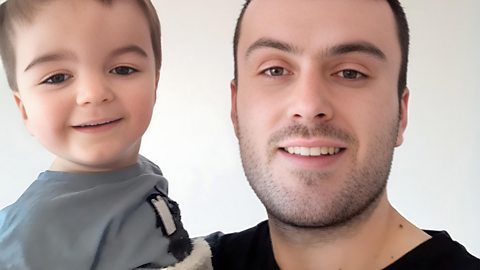
New approach
One of the most significant changes IÔÇÖve made is showing empathy when Neil expresses his emotions. For example, instead of punishing Neil when he is acting out, I take him aside and talk to him to understand why he is acting this way.
By taking this new approach, IÔÇÖve found that NeilÔÇÖs outbursts are less frequent. He understands that he can talk to me about his feelings without the worry of being shouted at. He is also learning how to better manage his feelings because we use lots of words to describe them together.
Adopting more age-appropriate expectations has played a massive part in building NeilÔÇÖs self-esteem. Before, I used to expect Neil to put on his shoes by himself with little to no help and got frustrated when he couldnÔÇÖt.
Now, I talk Neil through each step, and we put our shoes on together so he can see how I do it. Sometimes he is successful and sometimes he isn't. Either way, I hug him and tell him IÔÇÖm proud of him. By doing this, IÔÇÖm showing Neil that he should be just as proud of the effort he puts into tasks as he is of the results.
I also let Neil take part in our decision-making now. I let him choose things like where we go on our days out, what he eats for dinner, and what outfit he wants to wear. This has allowed him to embrace his independence.
Letting Neil choose between a couple of options has helped his decision-making skills, which is something that I hope will benefit him greatly at every stage of his life.
A healthier bond
Since changing my parenting attitude to one based more on empathy, IÔÇÖve seen my relationship with Neil become something truly special.
We are now a father-and-son team that communicates, expresses feelings, shows appreciation for one another, and supports one another.
My hope is that having created an environment where Neil is free to explore and express who he is as a person, he will be able to step out into the world as someone who is proud of who they are and knows that his dad is always there for him.
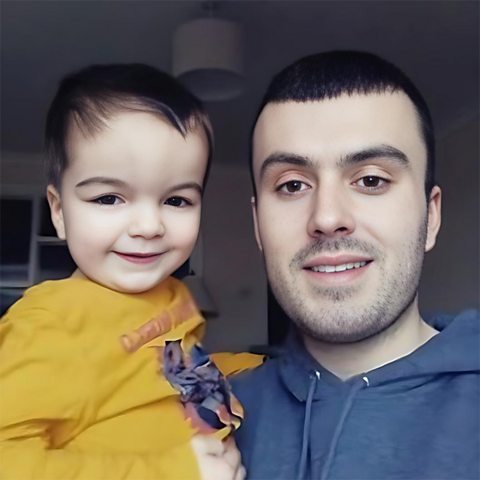
AlisterÔÇÖs top tips:
1. Talk about feelings and emotions
One method that IÔÇÖve found useful is naming our feelings. For example, when Neil is showing signs that he is happy, I say to him, ÔÇÿlook how happy you areÔÇÖ. IÔÇÖve found that by doing this, Neil is learning what feelings are which as he gets older, will help him to talk about them.
2. Respect your childÔÇÖs independence
ItÔÇÖs easy to forget that our children are their own people with their own thoughts, feelings, and likes and dislikes.
By learning to respect NeilÔÇÖs independence, IÔÇÖve noticed that he has become more confident and self-motivated, which are invaluable qualities that will help him to achieve things throughout his life.
3. Patience is everything
For me, one of the most important things IÔÇÖve learned as a parent is the art of patience.
Being a parent is hard work. However, IÔÇÖve found that itÔÇÖs helpful to remember that our kids are not trying to make our lives difficult. Instead, they are just figuring out who they are in a world where everything is new to them.
Becoming more patient with Neil has not only benefited him by teaching him a valuable life lesson but has also helped me to become a better person. I now appreciate that sometimes, I need to detach myself from my own feelings and show more understanding of other peopleÔÇÖs feelings.


